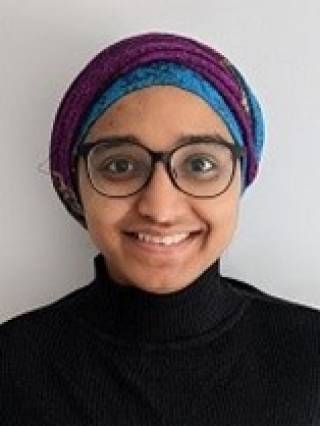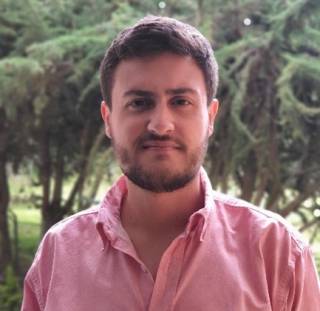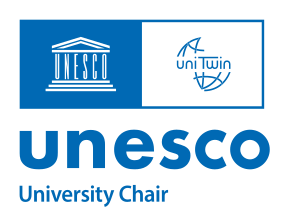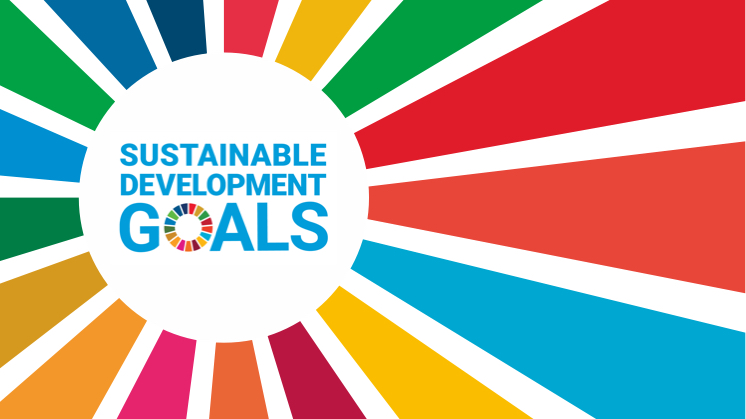Engineering based fragility and vulnerability assessment
22 September 2022–23 September 2022, 2:00 pm–3:00 pm

This online course will cover the engineering based fragility and vulnerability assessment of school buildings using simple yet reliable procedures.
This event is free.
Event Information
Open to
- All
Availability
- Yes
Cost
- Free
Organiser
-
Prof Dina D'Ayala
In this online course organized by the UNESCO Chair in Disaster Risk Reduction and Resilience Engineering (DRR&RE) at University College London (UCL), we will present the seismic fragility and vulnerability assessment methodology underpinning the Global Library for School Infrastructure (GLOSI) framework. The course will cover the derivation of fragility and vulnerability functions through analytical approaches based on equivalent static push over analysis of structures subjected to earthquake loading. These methods are included in international codes and standards for the seismic assessment of existing structures. Such derived fragility and vulnerability functions can be used as the basis for the development of retrofitting alternatives for disaster risk reduction. The procedure will be exemplified with the help of a hands-on exercise for different case studies. This course will be 3 hours long, divided in two days. By completing this course, the attendees will be able to derive fragility and vulnerability functions at a basic level for disaster risk reduction of school infrastructure.
Attendee’s profile
The workshop is best suited to attendees with the following profile:
- Students, researchers, and academics interested in learning about disaster risk reduction for school infrastructure with previous basic knowledge on seismic engineering.
- Disaster risk management professionals (from governmental or non-governmental organizations) involved in issues related to management, planning, and risk reduction of school infrastructure with previous basic knowledge on seismic engineering.
Note: places are limited to 50 attendees and registration is required.
Learning outcomes
Main learning outcomes of this online course are the following:
- Familiarization with the concepts of pushover analysis, seismic fragility, analytical vulnerability computation.
- General understanding of the fragility and vulnerability functions in the disaster risk management context.
- Understanding of the methods to generate fragility and vulnerability functions.
Schedule
Session 1 – 22 September 2022
2:00pm Introduction to the GLOSI framework
2:10pm GLOSI Fragility and vulnerability methodology
2:30pm Seismic performance assessment – Pushover Analysis and N2 Method
3:10pm Break
3:15pm Introduction and methods of derivation of fragility functions
3:40pm Introduction and methods of derivation of vulnerability curves
3:50pm Hands-on task description
Session 2 – 23 September 2022
2:00pm Hands-on task - results and discussion
2:40pm Closing remarks and future courses
About the Speakers
Dina D’Ayala (DDA)
Professor of Structural Engineering at University College London

Dr Rohit Adhikari (RA)
Research Fellow at University College London

Ahsana Parammal Vatteri (AP)
Research Fellow at University College London

Rafael Fernández (RF)
PhD Candidate at Universidad de Los Andes

 Close
Close



